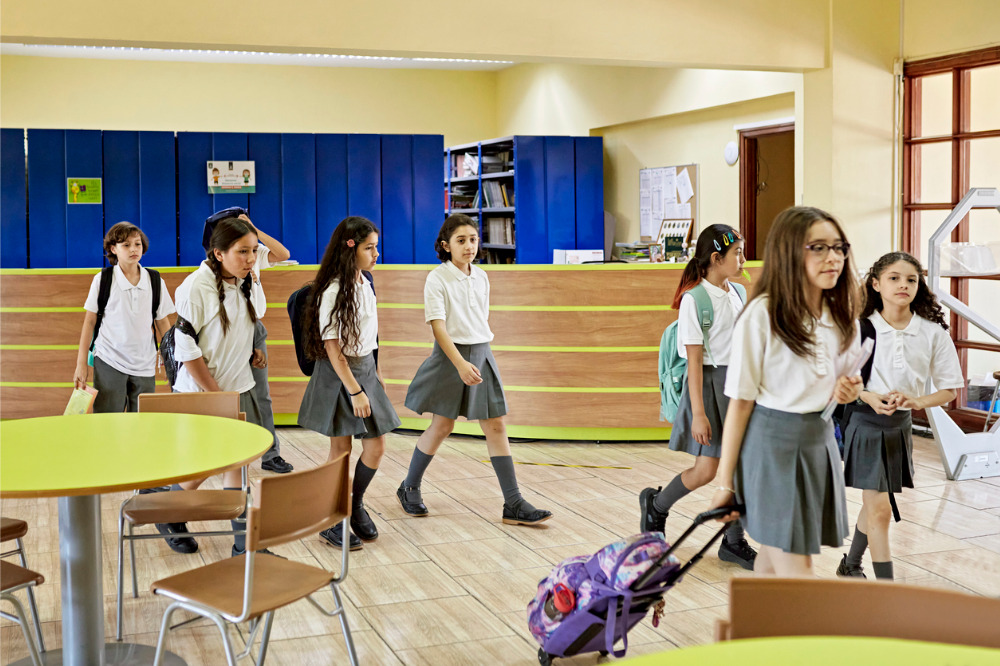
As the Victorian Government pushes ahead with plans to impose a controversial payroll tax on the state’s private schools, the sector’s peak body has warned the “fight isn’t over”, saying they “won’t rest” until the tax is repealed.
A total of 54 private schools, enrolling 63,123 students, will be subject to the tax from 1 July next year, after the government passed the legislation in parliament on 20 June.
Modelling by Independent Schools Victoria (ISV) shows they will have to pay a combined total of $78,543,093 in payroll tax. The average impact per student is estimated to be $1,155.
“The threshold will impose a significant burden on the targeted schools. Schools will now have to juggle their budgets and decide if they have to cut educational programs and staff or increase fees to cover the cost,” ISV Chief Executive Michelle Green said,
“It will come as a financial shock to parents from a wide range of backgrounds who are already struggling with cost-of-living pressures.”
According to the ISV, around 75% of these schools will effectively pay back more to the government in tax than they receive in state recurrent funding.
"ISV and school communities have opposed this tax right from the start, on grounds of principle and practice. We now have a stark picture of its likely damaging consequences,” she said.
“This fight isn't over. The repeal of the learning tax is the only truly fair outcome, and we won't rest until that happens.”
School communities ‘watching with great concern’
Independent Schools Australia Chief Executive Officer, Graham Catt said the sector’s schools, families and communities across the country “are watching the situation in Victoria with great concern.”
“There is no justification for imposing payroll tax on schools that are an important component of the education system, educate thousands of young Victorians and make a significant contribution to their communities,” Catt said, adding that many schools will pay the Victorian Government more in tax than they receive in funding.
“The tax will hurt thousands of families who make sacrifices to educate their children in a school of their choice and are already struggling with cost-of-living increases. Schools will now have to consider whether to reduce programs, cut staff, or raise fees.”
Catt joined the ISV in calls for the government to repeal the tax.
“This tax on learning is simply unacceptable, no matter what arbitrary threshold is set. We urge the Victorian Government to take the only sensible path and repeal it.”
‘An unsubstantiated uproar’
In an op-ed published in The Guardian on Friday, Australian Education Union Victorian branch president Meredith Peace said the “unsubstantiated uproar” over the payroll tax on private schools has overshadowed the “short-changing” of Victoria’s public school students.
“Each Victorian public school student is missing out on $1,800 on average of their fair share of SRS funding every year. Yet some private schools in Victoria are overfunded up to 20% beyond their SRS entitlements,” Peace wrote.
“Instead of taking action to end this shameful underfunding and ensure that every public school student has the resources they require, the Victorian government chose to further cut public education funding by 2.7% in real terms in last month’s state budget, according to Australian Education Union analysis.”
Peace said the funding cut comes at a time of a crippling teacher shortage in Victoria, which in no small part is caused by teachers leaving the profession due to a lack of funding and support, and unsustainable workloads.
“The sheer outrage over a modest tax measure for the state’s wealthiest private schools, and the swiftness with which it is being reversed for some schools, sits in stark contrast with the relative silence over the real scandal – the complete inequity in education funding.”
“Of all OECD countries, Australia has one of the most inequitably funded education systems in the world. It’s time for a different conversation.”
Peace said the conversation need to be one where “the majority of children in public schools are put first.”
“One where the community demands that federal and state governments deliver on their promise to fund public schools fairly and properly. One that results in public schools having funding to ensure every child gets the high-quality individual support they need from their teachers,” she said.
“We all need to stand up and call for real equity when it comes to funding our schools instead of the false economy and nonsense we’ve endured over payroll tax.”


